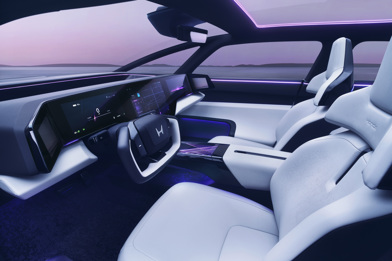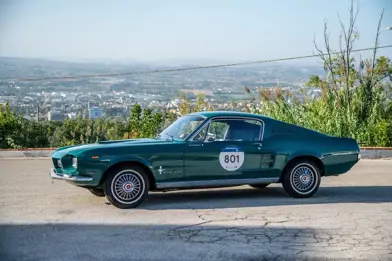Uber has committed $7.5 million to a New Zealand programme to encourage its drivers to move to electric vehicles (EVs). Starting from July, up to 750 drivers with EVs will be eligible for a 50 per cent discount on their service fees, up to $5000 over two years.
While the service fee discount - the money drivers pay Uber per trip to be part of the programme - doesn't have any direct bearing on rideshare customers, from May Kiwis will also be able to use Uber Green and specifically request a hybrid or pure-electric ride.
Uber has a stated aim to be zero-emissions by 2040. The company claims one Uber EV helps the environment four times more more than a private car, thanks to the greater distance it drives.
“NZ is at the forefront of greener rides for Uber globally, with the vast majority of rides already happening in a hybrid vehicle," says Dom Taylor, managing director at Uber ANZ. "But as we race toward our 2040 goal of eliminating tailpipe emissions altogether... we know one of the greatest barriers to making that switch is the upfront price of EVs. Now, between the Government’s EV uptake programmes and our new multi-year incentive for drivers, we’re hoping to see a steady stream of EVs come onto the Uber platform in the years ahead.”
Uber has also built a Total Cost of Ownership (TCO) database for drivers, to help them understand the potential savings that could compensate for the higher capital cost of an electric car.
As an example, over five years a brand-new ICE vehicle costs $133,000 to run according to Uber, compared with $93,000 for a hybrid (pictured below with Uber driver Rosal Mohammad).
But the TCO drops to $72,000 for a long-range battery electric vehicle (BEV) or $88,000 for a short-range BEV, the difference being the opportunity cost in the extra time spent charging during the day. The BEV figures also assume that the driver has at-home wallbox-type quick charging for overnight use, and relies on public DC fast-charging when required during the day.
Uber says it will release the full study and business model in the months to come.





